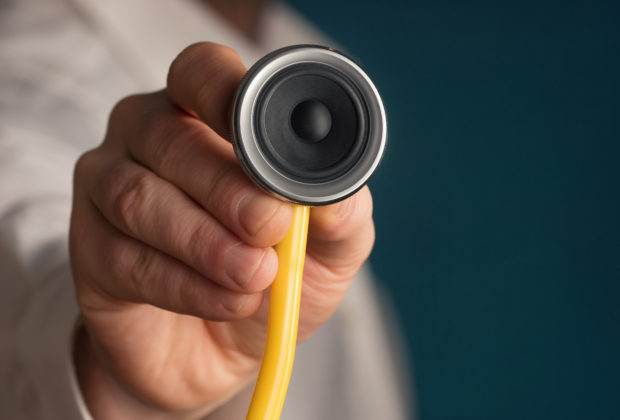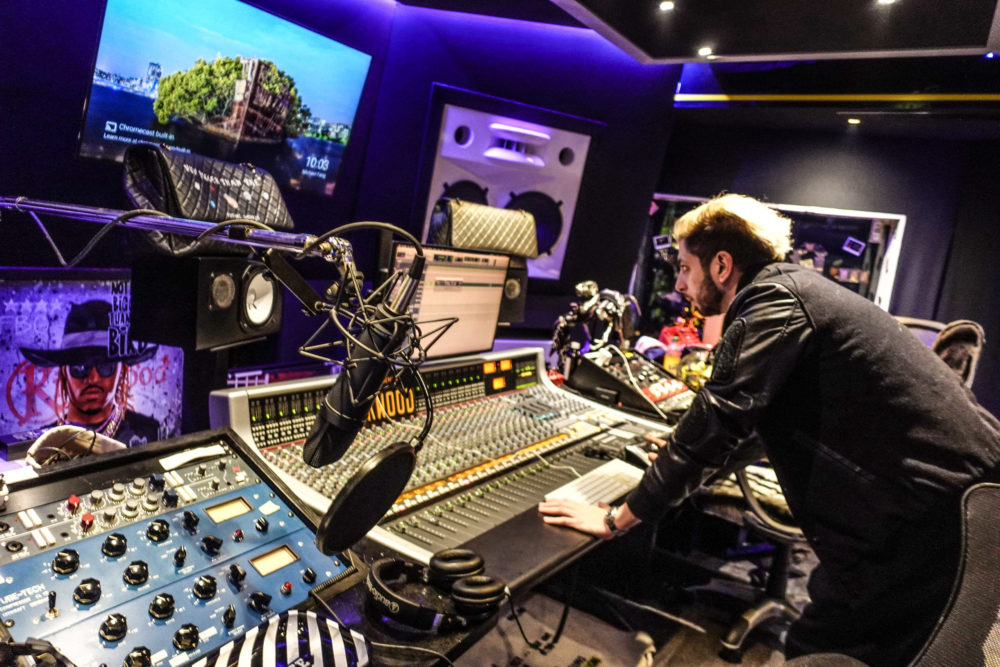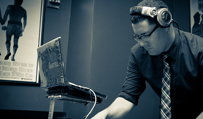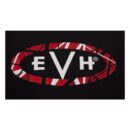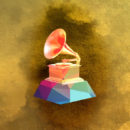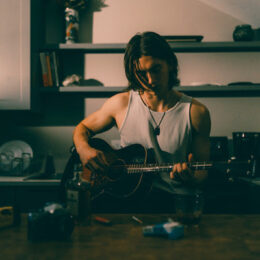The Sounds of Crime-ence
Often it can seem that there are more audio engineers than jobs. If that feeling ever weighs too heavy, remind yourself that there are sources of work other than making records. An intriguing and complex side channel is audio forensics (AF): the field of analyzing or cleaning audio for use in civil and criminal proceedings. Some of these cases include the compilation of proof––or, indeed, trial testimony––that a certain portion of audio has been sampled and civil damages are warranted. Then, of course, there are opportunities to enhance and otherwise prepare audio evidence for criminal trials.
Nashville engineer Mark Rubel has worked in audio since 1980 when he launched his own studio––aided and abetted by legendary audio pioneer Bill Putnam––in Champaign, IL. He now works and teaches at the famed Blackbird Studios, a space he likes to call “The Abbey Road of the U.S.” In addition to his audio contributions, he also teaches a six-month engineering and record production course at The Blackbird Academy. For the past 10 years he’s also walked in the world of AF and has done a range of work for Parliament and Funkadelic. In fact, when he first started with Parliament, there were 450 lawsuits surrounding the sample of just one of the band’s songs.
“A friend had been in a band and his son heard an R&B hit on the radio,” Rubel recalls of his expansion into AF. “Unmistakably, in the background was a sample of his dad’s band. My friend had me listen to it and asked if I also heard it. I did and said ‘Not only do I think it’s your song, but I can prove it.’ I was able to isolate the sample, compare it to the original and show irrefutably that it was the same, mainly by waveform comparison. I wrote a report, which he took to his attorney. They were impressed enough that they hired me to do other cases.”
Rubel has since testified as an expert witness in more than a dozen federal cases, since copyright infringement issues are federal matters.
“I determine whether there’s an infringement or if I can show that there’s been one,” he says of his process. “When I’m asked for my preliminary opinion, basically I do all of the work. I prove to myself either that the segment in question is a sample or if it isn’t. Typically, I do my initial report and include some impressive-looking diagrams. In some cases, they simply use that to convince people to settle out of court, which most of the time they do. When they do go to trial, there are three expert witnesses: me (the technical expert), a musicologist and an economic witness. Also, when infringement is willful––and when isn’t it?––penalties can include $150,000, jail time and punitive damages.
“Depositions and trials can take hours of being grilled mercilessly,” he continues. “The defense attorneys try to get me to contradict myself, to poke holes in my testimony or to discredit me as a witness. That requires some extreme intellectual agility. But I have an amazing technique in all of this. I tell the truth. In other words, I don’t take cases where I can’t. A lot of expert witnesses will say whatever the attorneys want them to say because they’re highly paid. It’s a lucrative gig but it’s also highly stressful. You have to be able to write well and express things in your report such that a judge or jury can understand and also so that it’s difficult to contradict. Part of the job is to not say things that aren’t true, that you’ll regret or will trip you up.”
But copyright infringement evidence is only part of what Rubel delivers. Another segment of his work is criminal in nature. “I do a fair amount of stuff for government and law enforcement,” he explains. “Back in Champaign, the FBI office was a block from my studio. They’d bring me a recording of a guy in a jail cell made by someone sitting across the room wearing a microphone under their shirt and there was a TV playing. So the job was to get the TV down, lower the ambiance and make what they were saying intelligible. I also once was given a tape of a 911 call for which I needed to turn down the screaming and figure out, forensically, how many shotgun blasts there were and how many revolver shots.”
But of course AF is a job that’s performed in the real world with real limitations. In short, some things are possible while others are not. “I had a case recently where there was a recording of people talking at a show and there was a big PA nearby,” Rubel recollects. “I was asked to bring the [noise of the] show down. There are instances where you simply can’t.” Another challenge is that, often times, samples used in video games aren’t from the official mixed recordings, but the actual individual tracks that have been leaked online. Guitar tracks, for example.
As in most things, the way that AF is portrayed in film and on TV often differs radically from the way it actually operates. “It takes more work and you have to interpret things,” Rubel observes. “We hope for audio that is definitive, but sometimes things have been changed enough in the process of sampling that we can’t prove something one hundred percent. Complete technical proof is the Holy Grail. But when things become subjective, that’s more difficult although one of my arguments as a forensic expert is that when something sounds like it’s been sampled, it’s one of the better tests and it worries defense attorneys. My biggest music computer is between my ears.”
Currently Rubel is writing a book on the history of American recording studios from the 1960s and ‘70s entitled The Great American Recording Studios. He aims to publish it with Rowman & Littlefield sometime in 2022, likely around Christmas.
For more information, see theblackbirdacademy.com/mark-rubel

